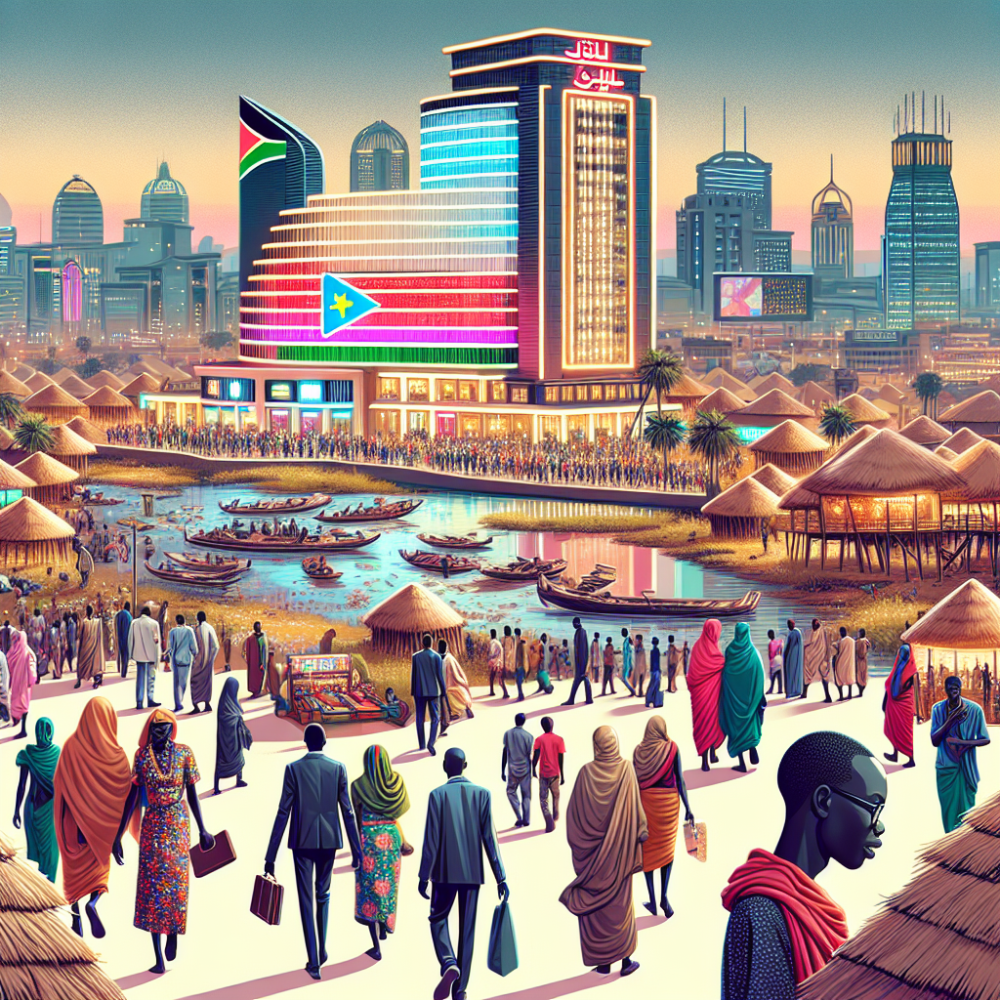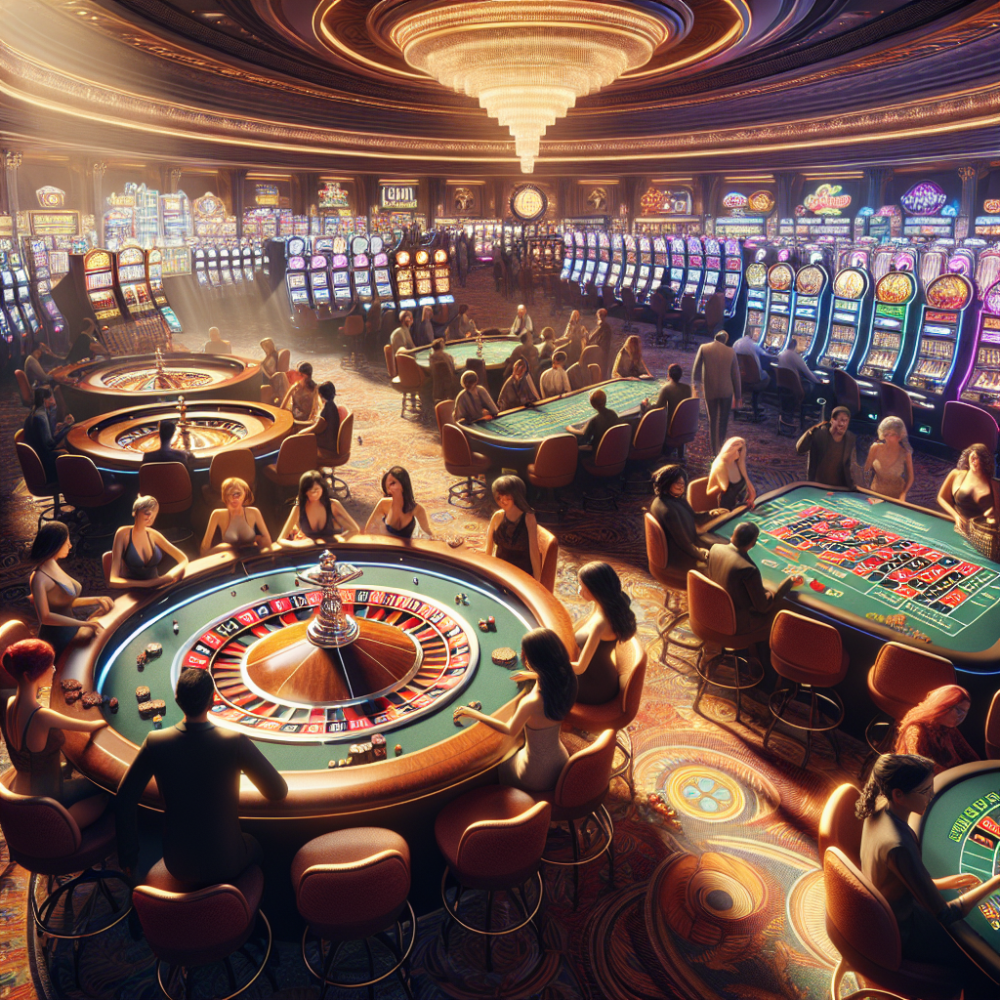South Sudan, with its rich cultural heritage and diverse history, presents a unique tapestry of attractions for visitors. Among these, the casino industry is beginning to carve out a niche in the entertainment sector, offering both locals and tourists a taste of gaming excitement. While the country is still developing its tourism and entertainment facilities, the emergence of casinos in South Sudan’s urban centers is a testament to its growing appeal as a destination for leisure and recreation.
The Rise of Casinos in South Sudan
The casino industry in South Sudan is relatively young, primarily due to the country's recent establishment in 2011 after gaining independence. As the newest nation in the world, South Sudan has faced numerous challenges, from political instability to economic difficulties. However, amidst these challenges, the country has seen the rise of entertainment facilities, including casinos, as a potential source of revenue and employment.
Most casinos in South Sudan are located in the capital city, Juba. These establishments are often part of larger hotels, catering primarily to international visitors and the local elite. The casinos offer a variety of games, including slot machines, roulette, blackjack, and poker. These games provide a familiar environment for those accustomed to international casino standards, while also introducing a novel form of nightlife and entertainment to the local population.
The Casino Experience in Juba
In Juba, the casino experience is unique, blending international standards with local hospitality. The casinos are usually bustling with activity, especially on weekends. They not only serve as gaming venues but also as social hubs where people come together to enjoy music, food, and each other's company. The atmosphere in these casinos is vibrant, with the sound of slot machines, the shuffling of cards, and the excitement of the roulette wheel creating a lively backdrop.
One of the popular casinos in Juba is located in a luxury hotel, offering guests an upscale gaming experience. This casino is equipped with state-of-the-art gaming technology and staffed by professionally trained dealers. It adheres to international gaming regulations, ensuring fair play and transparency. The casino also offers VIP sections for high rollers, providing a more exclusive and private environment.
Challenges Facing the Casino Industry
Despite the potential for growth, the casino industry in South Sudan faces several challenges. The primary issue is the lack of a robust regulatory framework. The government of South Sudan has not yet established comprehensive laws governing gambling, which creates uncertainties for operators and investors. This lack of regulation can lead to issues with licensing, operations, and the enforcement of fair gaming practices.
Another significant challenge is the economic situation in the country. With ongoing economic struggles, fewer locals have the disposable income necessary to partake in gambling activities. This situation limits the market size for the casino industry, confining it mainly to tourists and a small segment of wealthy locals.
Future Prospects and Developments
Looking ahead, there is potential for the casino industry in South Sudan to become a significant player in the East African gaming sector. As stability improves and the economy grows, more investors might see opportunities in expanding the entertainment and leisure offerings in the country. Moreover, with proper regulation and development of tourism infrastructure, South Sudan could attract more international tourists, increasing the clientele for casinos and other entertainment facilities.
Conclusion
The casino industry in South Sudan is still in its infancy but shows promise as part of the broader development of the country’s entertainment and tourism sectors. As it matures, it will not only offer more leisure options but also contribute to the economic development of the nation. For those interested in exploring the vibrant world of casinos, South Sudan offers a unique and burgeoning scene that reflects both its challenges and its potential for growth.




